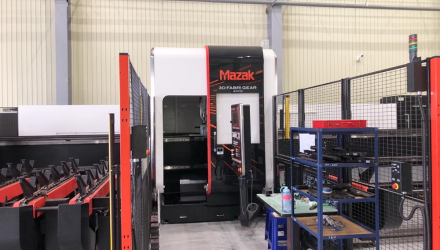Technology
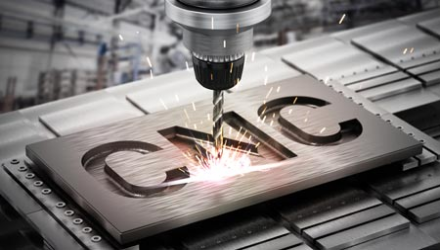
Common Defects and Solutions in CNC Machined Parts.
CNC machining defects may include dimensional deviations, poor surface roughness, burrs, deformations, and inaccurate hole diameters. Additionally, defects such as chip defects, vibration defects, corner chipping, rough edges, and built-up edge defects may also occur. These issues are typically caused by tool wear, improper machining parameters, insufficient CNC machine accuracy, or inadequate cooling. To address these problems, it is essential to optimize machining conditions, select appropriate tools, conduct regular equipment maintenance, and improve the cooling system to enhance CNC machining accuracy and product quality.
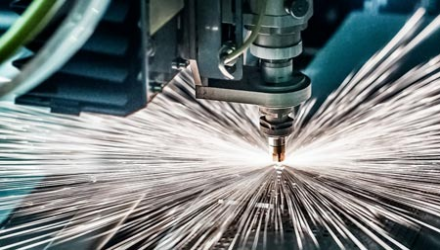
Optimize laser cutting and sheet metal processing time and cost.
Optimizing laser cutting and sheet metal processing time and cost is crucial, as it significantly improves production efficiency, reduces costs, and minimizes material waste. In a highly competitive market, by streamlining processes and maximizing equipment utilization, companies can accelerate delivery times, ensure product precision, and enhance competitiveness while meeting customer demands.
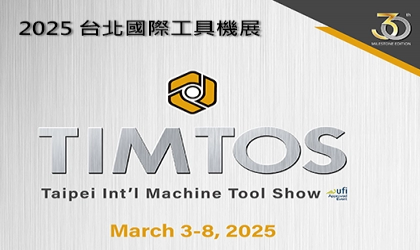
2025 TIMTOS Taipei International Machine Tool Show
TIMTOS 2025 marks the 30th edition of the exhibition, making it a milestone event. Exhibits will include metal-cutting/forming machine tools, cutting tools and accessories, casting/forging/welding/cutting equipment, sheet and pipe processing machinery, control systems, inspection and measuring equipment, laser processing equipment, mechanical components, and more.
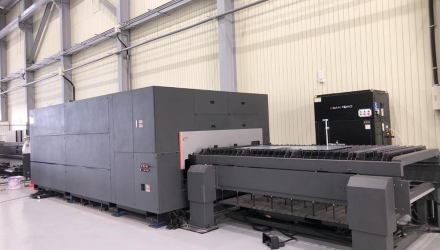
Key Techniques for Solving Burrs, Slag, and Inaccuracies in the Laser Cutting Process
by optimizing cutting parameters, gas selection, material preparation, and equipment maintenance, issues like burrs, slag, and uneven circular holes in laser cutting and laser cutting processes can be effectively resolved. These measures not only improve cutting quality but also enhance market competitiveness.
